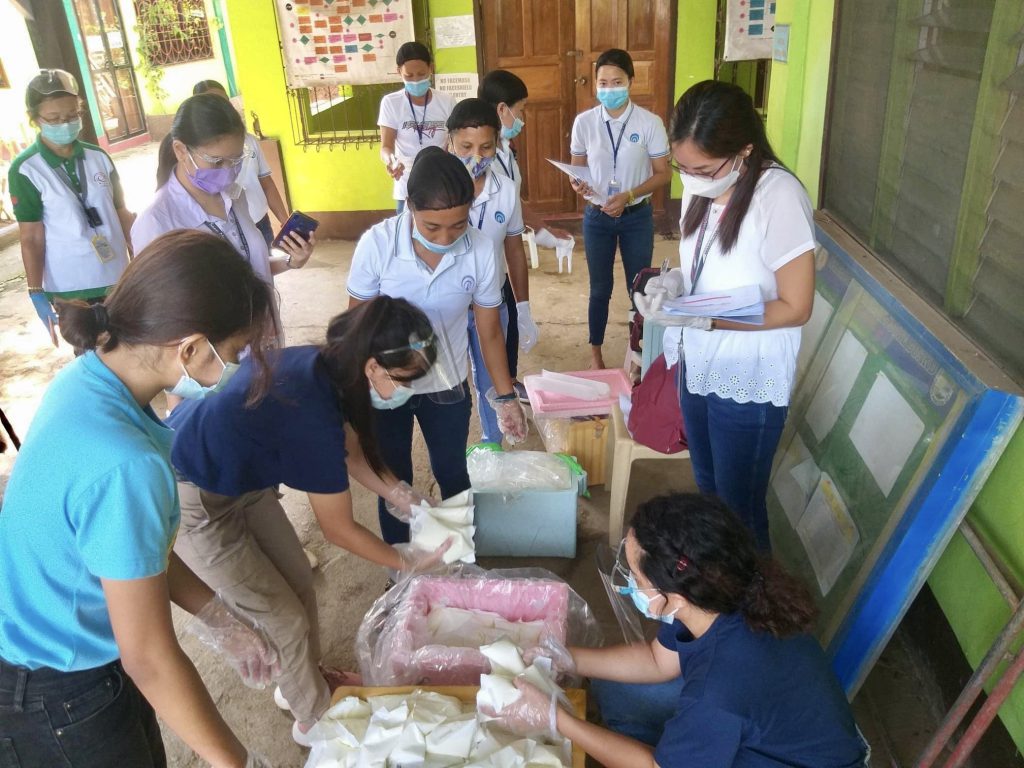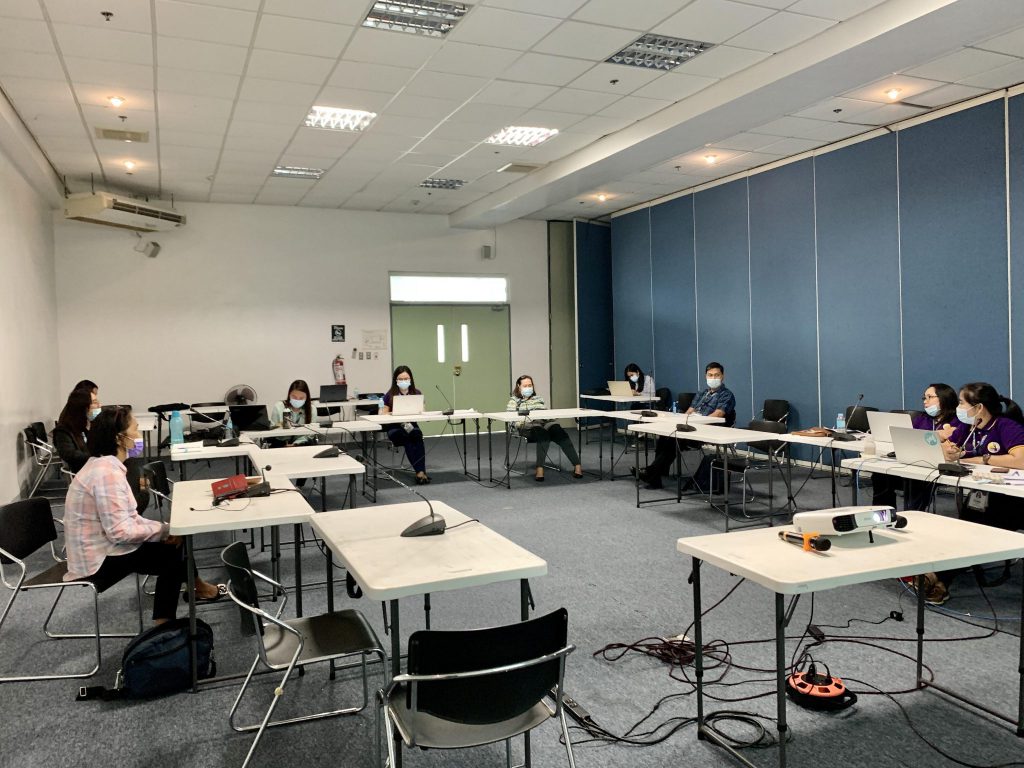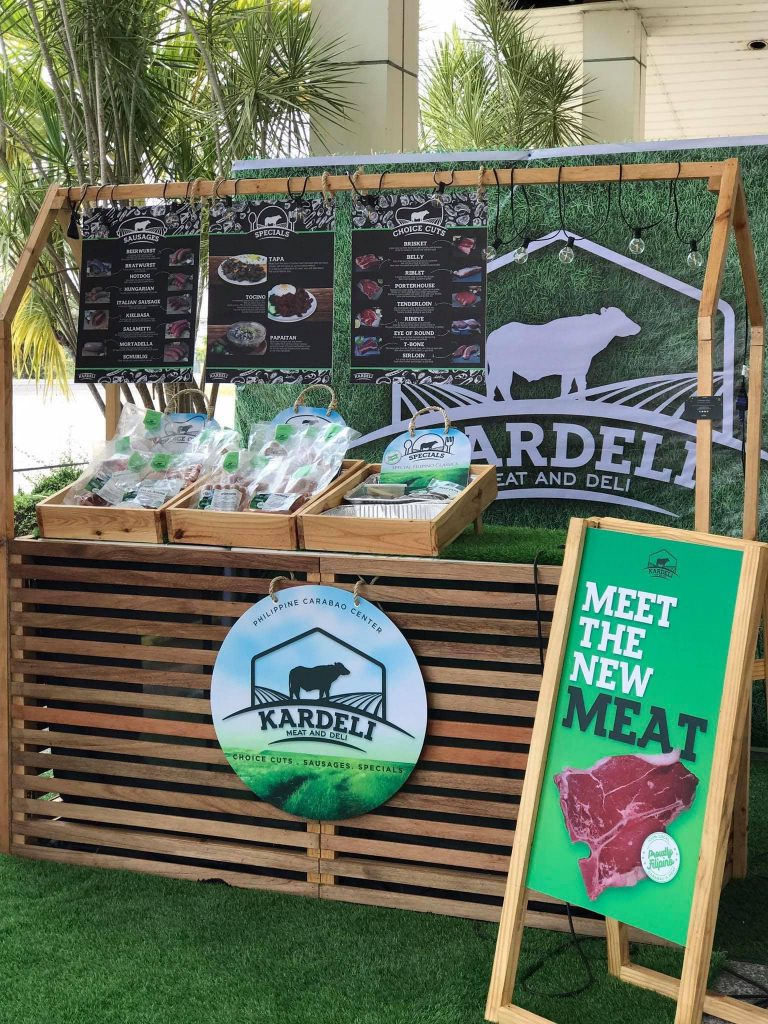The tie-up between the Department of Social Welfare and Development (DSWD) and DA-Philippine Carabao Center (DA-PCC) on a 120-day milk feeding program is already making headway in eight cities nationwide with a total of 10,619 beneficiaries.
Said program is being implemented in the cities of Olongapo, Angeles, Lucena, Puerto Princesa, Iloilo, Tacloban, Zamboanga, and Bacolod.
Pursuant to the Republic Act No. 11037 or “Masustansyang Pagkain para sa Batang Pilipino”, the DSWD in coordination with the local government units (LGU) and agencies is mandated to implement a supplementary feeding program (SFP) to address undernutrition among children (ages 2-5 years) currently enrolled in the day care centers or Supervised Neighborhood Play (SNP) groups by incorporating fresh milk and fresh milk-based food products in the hot meals.
Several memoranda of agreement between the DSWD Field Offices and DA-PCC Regional Centers were signed to implement the program with a total funding of Php24,211,320 provided by DSWD.
The DSWD coordinated with DA-PCC to link them with local dairy producers and cooperatives where milk can be sourced from. The latter identified and tapped its assisted dairy farmer-cooperatives as suppliers of milk in the feeding program, which include Catmon Multi-Purpose Cooperative (MPC), Rosario Livestock and Agriculture Farming Cooperative, Yamang Bukid, Calinog Farmers’ Agriculture Cooperative, Baclay MPC, Baybay Dairy Cooperative, and San Julio Agrarian Reform Beneficiaries Cooperative.
Due to the COVID-19 pandemic and ensuing health protocols, the co-ops delivered milk products to the designated drop-off points, which were inspected afterwards by LGU and DSWD Regional Office milk feeding focal persons.
Under the program, each child is given 200 ml toned carabao’s milk for 120 days to combat malnutrition.
The DSWD-funded milk feeding program carries twin benefits, as it will not only protect children from malnutrition by improving and/or maintaining their nutritional status, but will contribute to the sustainable economic activities of the local dairy farmers as well.
Meanwhile, the DSWD also partners with DA-PCC through its assisted co-ops in Region 3 for the facilitation of the 10th Cycle SFP with 588,492 beneficiaries. Through this scheme, the children are given 200 ml of milk each for 12 days (once a week for three months) in addition to the regular nutritious, hot or alternative meals under the government’s SFP.
“We provided them (carapreneurs) technical assistance on aspects of proper and hygienic milk handling and processing to produce food safety-compliant pasteurized toned carabao’s milk. Aside from that, we also target to teach them how to develop sustainable milk-based livelihood enterprises like Milkybun production,” said Mina Abella, DA-PCC’s milk feeding national coordinator and Product Development and Innovation Section head.
“DSWD considers Milkybun as alternate food for its SFP, so this is another livelihood for the carapreneurs. Hopefully, they will start the inclusion of Milkybun in their 11th cycle SFP,” she added.
Apart from DA-PCC, DSWD is also in partnership with the National Dairy Authority, Cooperative Development Authority (CDA), LGUs, non-governmental organizations, and other agencies in the implementation of the milk feeding program. (Photo by Yamang Bukid Farm-Palawan)



